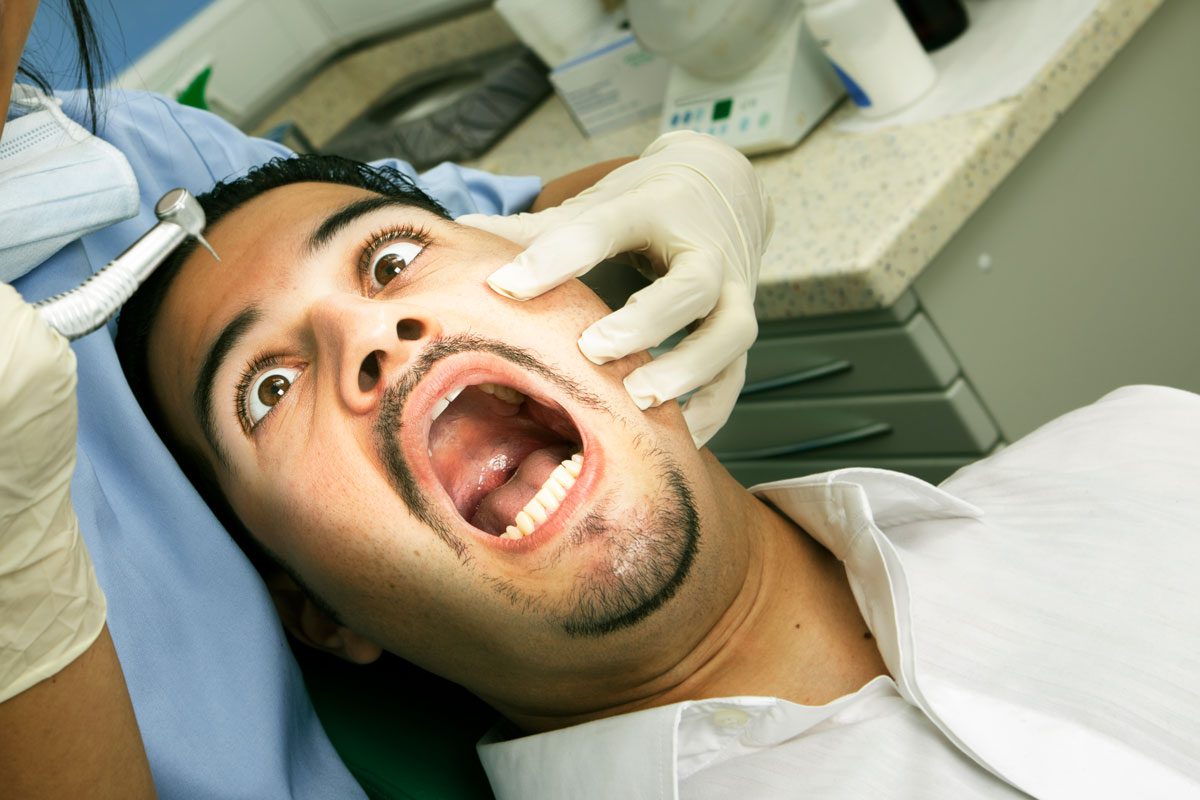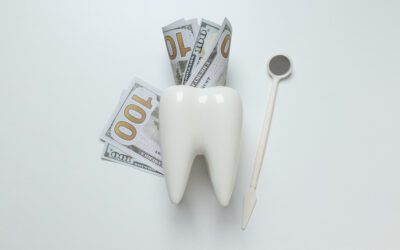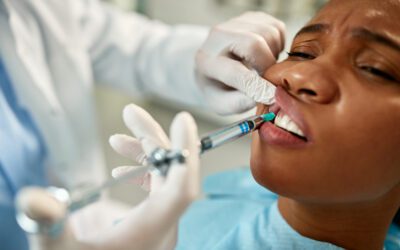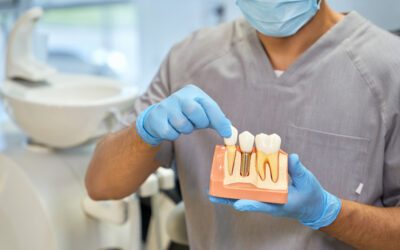Why are people scared of the dentist?
Fear of going to the dentist is common.
This fear, also known as dentophobia, often stems from negative past experiences, such as painful procedures or uncomfortable sensations during dental visits. As a result, people may develop an intense aversion to dental appointments, which can adversely affect their oral health.
Various factors contribute to a fear of the dentist. For some, it could be the sounds and smells associated with dental offices, particularly the noise produced by dental drills. Others may experience anxiety due to a lack of control during procedures or a fear of needles used to administer anesthesia.
Understanding these factors can help individuals and dental professionals work together to alleviate dental anxiety, ultimately promoting better oral care and more positive experiences at the dentist.
Why are People Scared of the Dentist? Common Reasons
Past Negative Experiences
One major cause of dental fear is negative experiences during past dental visits.
This could be due to a painful or unpleasant encounter, usually during childhood, which can leave a lasting impression and cause anxiety about future appointments.
Hearing horror stories from others or through the media can also contribute to this fear. The Cleveland Clinic has some great tips on reducing your anxiety about going to the dentist.
Fear of Pain
Fear of pain is another common reason people avoid dental appointments.
The anticipation of experiencing pain during a dental procedure can cause anxiety, leading to the avoidance of dental care.
Dentists are implementing various pain management techniques, such as local anesthetics and sedation, to provide a more comfortable experience for patients.
Fear of Loss of Control
Feeling helpless or losing control during dental procedures can also contribute to dental anxiety.
This usually stems from the inability to see what is happening or communicate effectively while the dentist is working.
To address this, dentists may explain the procedures and encourage patients to share concerns or anxieties before starting treatment.
Embarrassment and Shame
Embarrassment and shame about one's oral health can lead to dental fear.
For some people, discussing or exposing their oral health problems in a clinical setting can be uncomfortable and intimidating.
Negative Health Effects of Dental Anxiety
Dental anxiety, a physical or psychological reaction to an anticipated danger associated with visiting the dentist, can affect a person's oral health and overall well-being. Some of the main consequences include avoidance of dental care and potential health problems.
Avoidance of Dental Care
One of the primary effects of dental anxiety is the avoidance of dental care.
People who fear the dentist may avoid regular check-ups and treatment, which can lead to a decline in oral health.
The lack of professional cleanings raises the risk of gum disease and other issues like bleeding gums, loose teeth, and bad breath (Healthline).
Possible Health Consequences
There may be far-reaching health consequences when dental anxiety leads to avoiding dental care.
Untreated oral health problems like gum disease and tooth decay can cause pain, infection, and tooth loss and may even contribute to other serious health issues such as heart disease and diabetes.
Coping Strategies and Tips
People may experience fear of the dentist due to various reasons, including previous negative experiences, fear of pain or choking, and anxiety about loss of control. To help reduce these fears and make dental visits more comfortable, this section will cover coping strategies that patients can employ.
Discuss Concerns with Your Dentist
One of the best ways to address dental fears is by discussing them openly with your dentist. Dentists understand that patients may feel anxious and can take steps to address their concerns and create a positive experience. Communicate your fears before the appointment and discuss any past negative experiences. This way, your dentist can work with you to create a customized treatment plan that addresses your anxiety.
Establish a Signal for Breaks
Establishing a non-verbal signal, such as raising a hand, can enable patients to pause the procedure temporarily if they feel uncomfortable during treatment. This method can provide a level of control and help alleviate anxiety, making the dental visit more bearable.
Practice Relaxation Techniques
Utilizing relaxation techniques can help ease anxiety and make dental appointments more manageable. Deep breathing exercises can aid in calming the mind and promoting relaxation. Patients can practice these exercises before and during the dental appointment by closing their eyes, inhaling through their nose, and exhaling through their mouth.
In cases of severe dental anxiety, dentists may recommend using nitrous oxide gas or IV sedation to help patients feel more relaxed and comfortable during the procedure.
By employing these coping strategies and maintaining open communication with your dentist, dental visits can become a more positive and manageable experience. Dental professionals are continuously working to improve patient comfort and reduce fear and pain during visits, ensuring that dental care remains accessible and pleasant for everyone.
Advanced Solutions for Dental Anxiety
Dental anxiety is a common concern for both children and adults. The fear of the dentist may stem from various factors, such as a negative experience, fear of pain, or anxiety triggered by the dental environment itself. Dentists are increasingly aware of these concerns and have started implementing various advanced solutions that cater to patients who suffer from dental anxiety.
Sedation Dentistry
One of the techniques used to reduce fear and anxiety in dental procedures is sedation dentistry. This can involve using nitrous oxide (laughing gas or IV sedation) to help calm the patient during the appointment. Sedation dentistry allows patients to enter a relaxed state while still being conscious, which makes the dental visit a more comfortable experience overall.
Behavioral Therapy and Counseling
Another approach to help individuals overcome dental anxiety is behavioral therapy and counseling. This may include exposure therapy, where a mental health professional exposes patients to situations and images that may trigger their symptoms in a controlled setting. Patients gradually become less afraid of the dentist as they work through their responses and build a more positive association with dental visits.
Cognitive-behavioral therapy (CBT) is also effective in addressing dental anxiety. This therapy can help patients identify their fears and develop coping strategies to manage anxiety in the dental setting.
In addition to these therapies, dental practices are adapting to create a more patient-friendly environment. Options such as sensory-adapted environments, where dentists use calming lighting, soothing music, and other sensory modifications, can significantly affect the dental experience. Simple distractions like watching TV or movies or using headphones during the appointment can help ease anxiety.
Why are People Scared of the Dentist? Final Thoughts
Why are people scared of the dentist?
Lack of information.
Dentists know you are scared and uncomfortable. It is not natural to have a bunch of stuff jammed in your mouth, drilling, making noises, bad tastes, and other things associated with going to the dentist.
Dentists know your fears and are doing things about them, but they can't help if you don't ask.
Visiting the dentist regularly is essential. If you are afraid, contact your dentist, and learn what they can do to help reduce your fears.
Don't be scared to ask!




